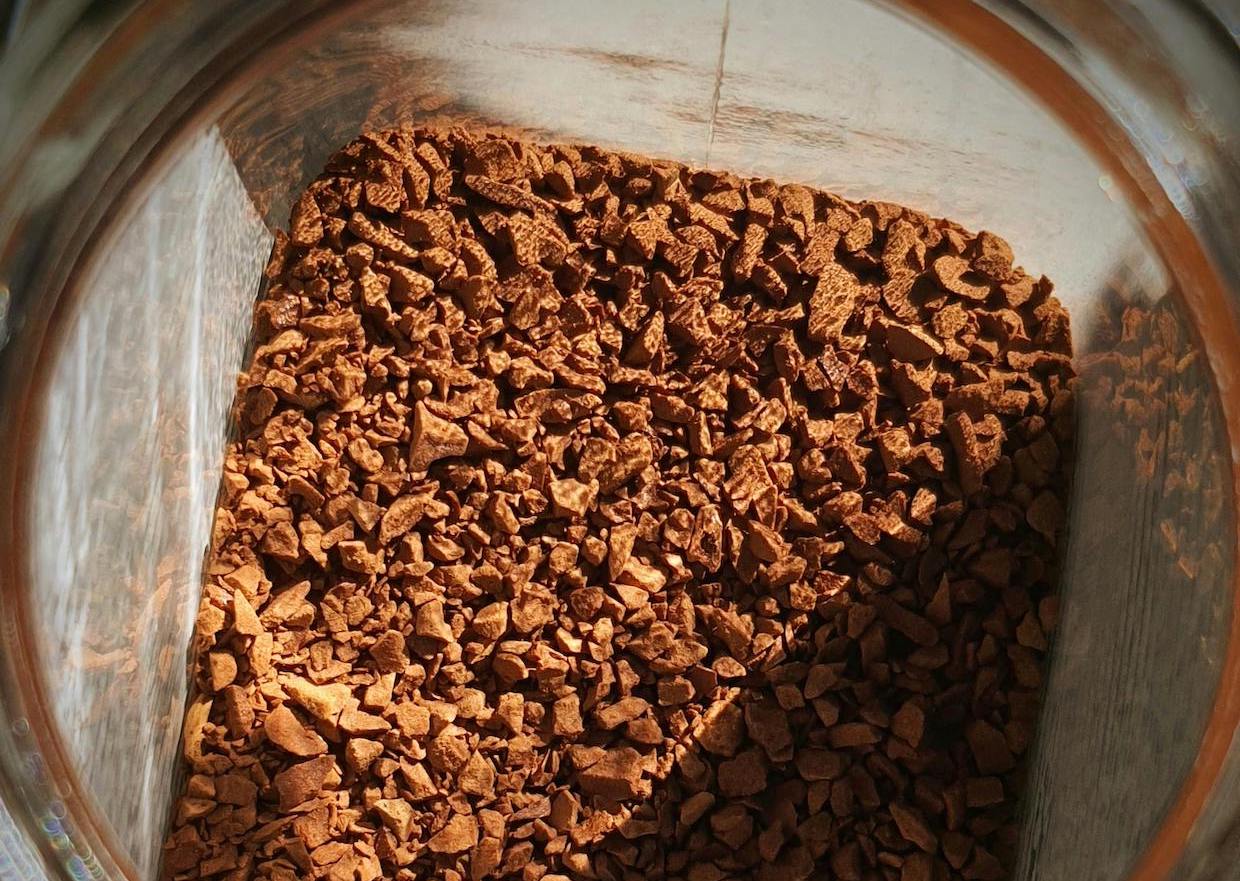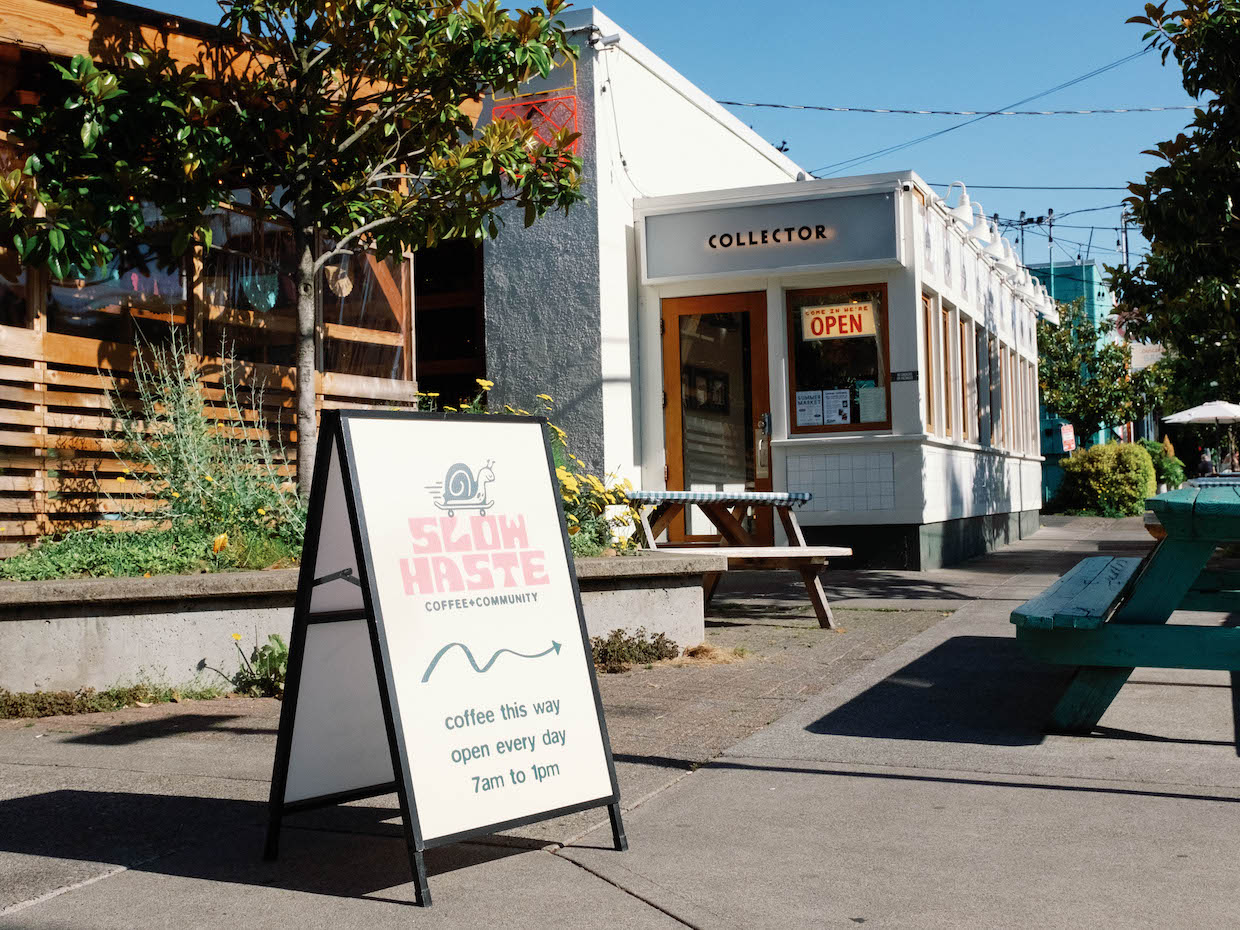Hospitality is a cornerstone of specialty coffee, especially in cafés. In an industry defined by its emphasis on craft and skill, cultivating relationships between baristas and customers is key. Baristas act as the hosts and coffee sommeliers, ensuring customers feel welcome while also sharing a wealth of coffee knowledge so they can make informed decisions.
There are, however, many elements at play in customer service in coffee shops. High-quality coffee offerings, café design, and use of equipment influence the interactions between staff and guests. As the industry embraces technology, automation, and AI, dynamics have shifted – allowing baristas to leverage new tools and machines that free up more of their time to focus on customers, but also fundamentally change the nature of their job roles.
Heading into 2025, coffee businesses are continuing to grapple with rising costs, market volatility, and increasing competition. So, how could a changing industry landscape influence hospitality in the coming years?
Maxwell Colonna-Dashwood, Managing Director of Colonna Coffee, Jessica Worden, Head of Coffee at GAIL’s Bakery, Giovanni Giaquinta, Marketing Manager at Dalla Corte, and Renato Correia, Director of Coffee Operations at Espressolab, provide their insight.
You may also like our article on why balancing efficiency and service is crucial for coffee shops.


Baristas have long been pillars of coffee culture
Since the emergence of third wave coffee culture in the early 2000s, baristas have acted as the face of café culture. Bridging the gap between consumers and the rest of the supply chain, they have long played a crucial role in elevating the overall coffee experience.
In the early years of the third wave coffee movement, much of the focus was on baristas’ technical skills: dialling in espresso, pouring latte art, and hand brewing pour overs. The artisanry and craft of their job role enhanced the customer experience, making coffee into more than just a product.
In turn, café guests feel assured they are in safe hands and are guaranteed to receive the level of quality they expect and pay for, increasing the chances of them returning.
As specialty coffee culture became more prevalent in the early 2010s, the role of the barista fundamentally changed. Tasked with preparing consistently high-quality coffee and drinks, they also became key storytellers in the industry, sharing information about origin, processing, varieties, and roast profiles.
“Baristas are no longer just preparing drinks but are also engaging with customers to educate them about different origins, brewing methods, and flavour profiles,” says Giovanni Giaquinta, Marketing Manager at professional espresso machine manufacturer Dalla Corte.
This helps consumers become more informed about their purchasing decisions, thereby cementing the barista’s integral, professional role in providing stellar customer service and hospitality.
“Today, the barista role is holistic: half hospitality, half product and preparation expert,” says Maxwell Colonna-Dashwood, coffee author and Managing Director of Colonna Coffee, which operates a roastery and two cafés in Bath and London, UK.
“There are not many other hospitality businesses that offer this type of customer experience. As consumers become more passionate about coffee, the barista-customer relationship has the potential to become more valuable.”


Automation has fundamentally changed the role of the barista
Automation is a prominent part of the coffee industry across the board, but it often takes centre stage in cafés. Intuitive espresso machines and grinders, standalone milk foamers, and programmable pour over brewers have become common in coffee shops, impacting how baristas interact with customers for the long term.
“Automation is a hot topic in many food and beverage sectors, as rising labour costs and consistency continue to be a major challenge,” says Renato Correia, Director of Coffee Operations at Espressolab. “Using automation frees up time to interact more with customers, be more consistent with service, and makes us more efficient.”
In the years following the pandemic, coffee shops have grappled with a number of challenges, and automated equipment has emerged as an effective solution to tackle them. Leveraging automation allows baristas to maintain consistency and quality control when preparing drinks, granting them more time to focus on a range of other important tasks.
“It can alleviate the pressure that growing demand creates, and can certainly help service through those pinch points where an extra pair of hands might be helpful,” says Jessica Worden, Head of Coffee at GAIL’s Bakery. “But it’s not a substitute for team skills development through inclusive training programmes.”
Automated espresso machines, batch and single-serve brewers, and milk foamers help to improve consistency and efficiency. However, they also risk disengaging baristas from the technical skills of their job role, eroding the artistry required to prepare and serve quality coffee.
“Usually, automation is about improving efficiency; however, I don’t think brewing coffee manually and great service are mutually exclusive,” Maxwell says. “If staff are engaged in preparing coffee with care and attention, it means they are going to transfer that to the customer experience.
“My worry with automation is that you have disengaged staff with automated systems which then potentially makes the customer service more transactional. The whole space becomes more transactional.”
Technology will continue to influence hospitality
Many herald the era of automation in coffee shops, highlighting how automated solutions support baristas to maintain quality control during busy rushes and staff shortages. While the benefits are clear, as cafés increasingly embrace technology – including AI-driven software – it will continue to reshape the role of the barista and the customer service they provide.
“I don’t think AI or automation systems will do anything but take away from the hospitality experience,” Maxwell says. “I think they could improve transactional experiences for sure, but effectively you then have a physical version of an e-commerce website. You are interacting with technology to place the order, and then a machine makes the coffee and physically gives it to you.”
The increasing prominence of touchscreen kiosks and QR codes in restaurants and hospitality businesses post-pandemic has likely improved efficiency and speed of service, but some would argue at a cost. Although consumers increasingly value convenience, and up to 97% have abandoned a purchase that they deemed “inconvenient”, overreliance on these technologies increases the risk of creating a “faceless” coffee shop – effectively stripping it of its hospitality.
Conversely, when implemented alongside human-driven interaction, leveraging AI could lead to more personalised customer service – another factor valued by many consumers.
“Automation and AI could transform hospitality by enabling hyper-personalised experiences, such as recognising returning customers and remembering their orders and preferences,” Giovanni says.


Customer service and hospitality will need to become more holistic
With the coffee industry set to face another challenging year with rising business costs, a volatile C price, and high staff turnover, investing in automated solutions is a likely way forward to manage these issues. With machines focused on beverage preparation, baristas can turn more of their attention to customer interaction, knowledge sharing, and brand storytelling.
“People will continue to seek out opportunities to engage with their community,” Jessica tells me. “This includes experiencing the simple pleasure of a drink made by a barista, but how they make it may evolve – as it already has over the centuries of coffee consumption – but technology is unlikely to fundamentally change coffee’s role in social exchange.”
Although they play a crucial role in the customer experience, hospitality doesn’t end with baristas. Greeting and serving guests is a key element of their job role, but creating a warm, inviting atmosphere extends beyond baristas’ responsibilities.
“Café design has always been a massive part of the third wave coffee movement and helps to create a unique customer experience,” Maxwell says. “I think it will continue to play a big role in the future. One of the beauties of independent businesses is you can craft these unique characterful experiences.”
As the coffee industry continues to become more competitive, standing out with memorable interior design and café layout that enhances the customer experience will be beneficial.
“Focusing on making spaces to support social interactions is key,” Jessica says. “Multi-sensorial beauty and comfort will become increasingly desirable.”
Embracing human-driven interactions
The rise of tech-driven solutions for coffee shops means efficiency, consistency, and speed of service will improve. But human interaction remains an essential part of specialty coffee culture, and baristas and customers alike want to hold onto this as automation becomes more prominent.
“Despite the evolution of new tech, we still fall back on good old-fashioned person-to-person customer service to deliver memorable experiences,” Renato says. “It’s how we serve, interact, and engage with our customers that will define our industry into the future.”
Ultimately, business owners and staff need to navigate new ways to balance automation with retaining the essence of coffee culture to find success.
“I think the coffee experience is analogue. Although we see some modern technologies making their way into the industry, I think coffee represents an analogue experience for most customers that has the potential to counteract the increasingly digital detached world we live in,” Maxwell tells me.
“I believe we’re going to see a continued focus on classical approaches to hospitality and customer service, and I think that will benefit businesses that are able to offer traditional high-quality customer service and hospitality,” he adds. “They may utilise technology to develop certain products or solve problems in their business, but I think the core value proposition is constant.”


Hospitality and customer service are central to specialty coffee shops. But as the industry changes, it also brings about shifts in consumer preferences – and coffee businesses need to find ways to adapt.
At the same time, in the wake of rising costs and staffing issues, coffee shops are becoming increasingly reliant on automation to streamline operations. This will have its own implications on customer service, and cafés need to make sure they retain the essence of specialty coffee culture if they want to stay true to the industry’s values.
Enjoyed this? Then read our article on how espresso machine automation improves workflow.
Photo credits: Kat Antos-Lewis, Dalla Corte
Perfect Daily Grind
Want to read more articles like this? Sign up for our newsletter!











